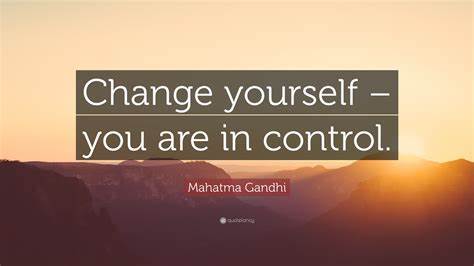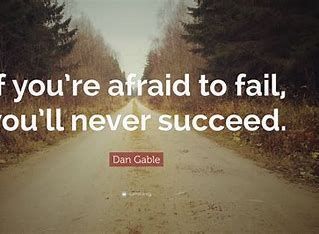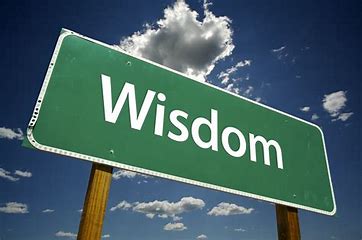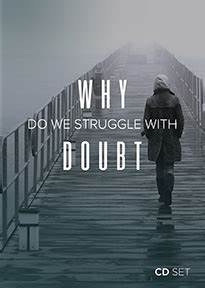The Hope In Mental Illness.

How did the term ‘mental health originate?
According to the Wellcome Trust, the rise of the term mental health was mainly due to the efforts of early 20th-century social reformers, who wanted to reduce the stigma attached to people deemed mentally unwell.
The Wellcome Trust is a charitable foundation focused on health research based in London, the United Kingdom. It was established in 1936 with legacies from the pharmaceutical magnate Henry Welcome, founder of one of the predecessors of Glaxo Smith Kline medical company, to fund research to improve human and animal health. One in every five Australians, about four million people, has a mental illness in a given year, and almost half the population has suffered a mental disorder at some time in their life
1. Over two in five Australians aged 16-85 years (43.7% or 8.6 million people) had experienced a mental disorder at some time in their life.
2. One in five (21.4% or 4.2 million people) had a 12-month mental. Disorder.
3. Anxiety was the most common group of 12-month mental disorders (16.8% or 3.3 million people).
4. Almost two in five people (39.6%) aged 16-24 had a 12-month mental illness.
Practical ideas to Manage and treat this problem.
Many people diagnosed with mental illness achieve strength and recovery through participating in individual or group treatment. There are many different treatment options available. No treatment works for everyone – individuals can choose the treatment, or combination of treatments, that works best.
Psychotherapy
Psychotherapy is the treatment of mental illness provided by a trained mental health professional. Psychotherapy explores thoughts, feelings, and behaviors and seeks to improve an individual’s well-being. Psychotherapy paired with medication is the most effective way to promote recovery. Examples include Cognitive Behavioral Therapy, Exposure Therapy, Dialectical Behavior Therapy, etc.
Medication
Medication does not outright cure mental illness. However, it may help with the management of symptoms. Medication paired with psychotherapy is the most effective way to promote recovery.
Case Management
Case management coordinates services for an individual with the help of a case manager. A case manager can help assess, plan, and implement several strategies to facilitate recovery.
Hospitalization
In a minority of cases, hospitalization may be necessary so that an individual can be closely monitored, accurately diagnosed or have medications adjusted when their mental illness temporarily worsens.
Support Group
A support group is a group meeting where members guide each other towards the shared goal of recovery. Support groups are often comprised of nonprofessionals but peers that have suffered from similar experiences.
Complementary & Alternative Medicine
Complementary & Alternative Medicine treatment and practices not typically associated with standard care can be used in or in addition to traditional health practices. Try what works for you.
Self Help Plan
A self-help plan is a unique health plan where an individual addresses their condition by implementing strategies that promote wellness. Self-help plans may involve addressing wellness, recovery, triggers or warning signs.
Peer Support
Peer Support refers to receiving help from individuals who have suffered from similar experiences—and learning from what others have achieved and mastered through the process they used to overcome this problem. This story may help. www.kinghitbook.com











